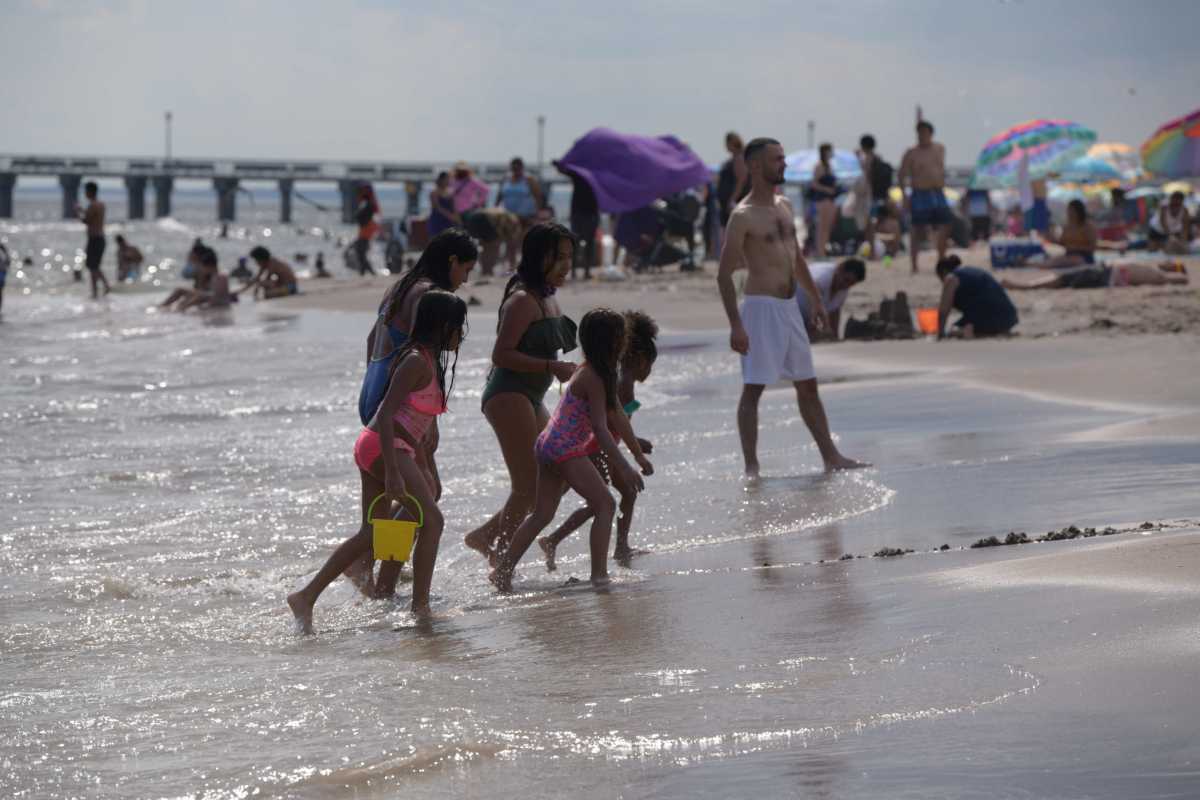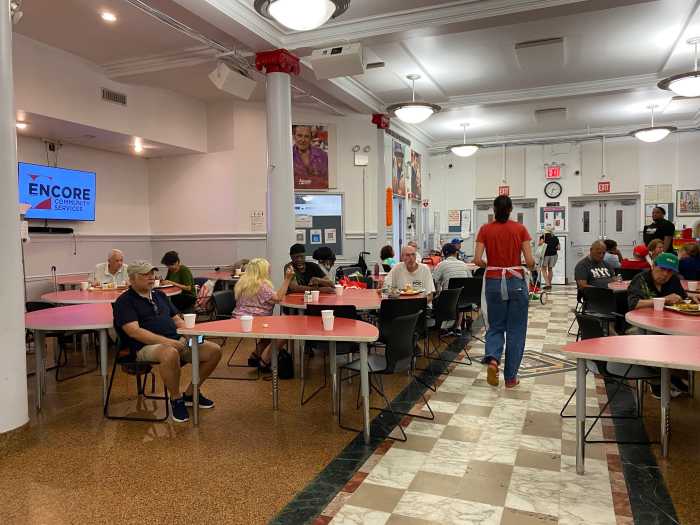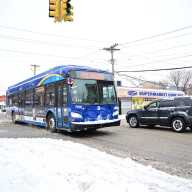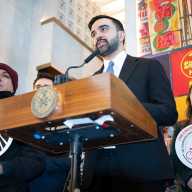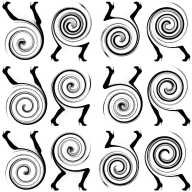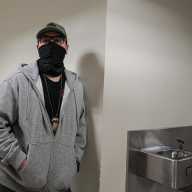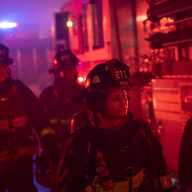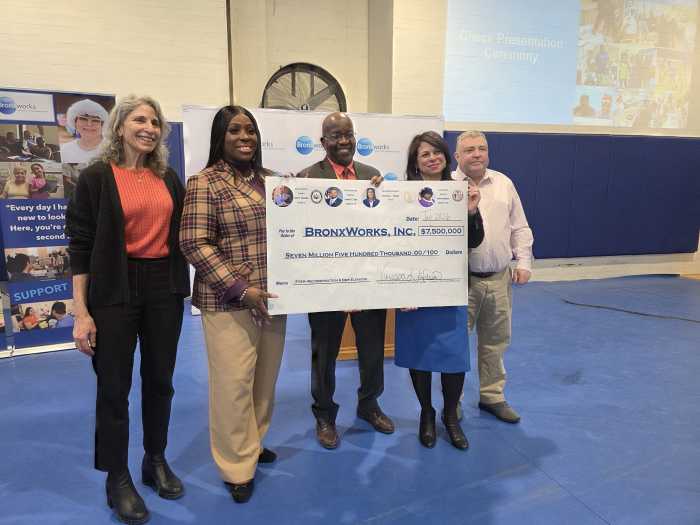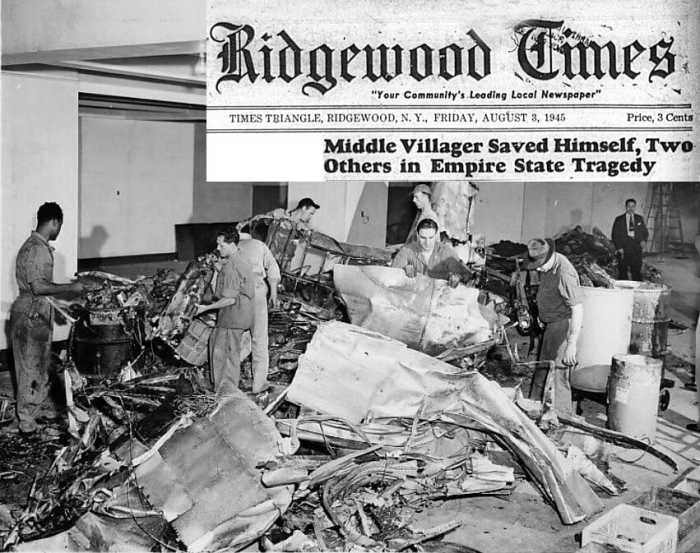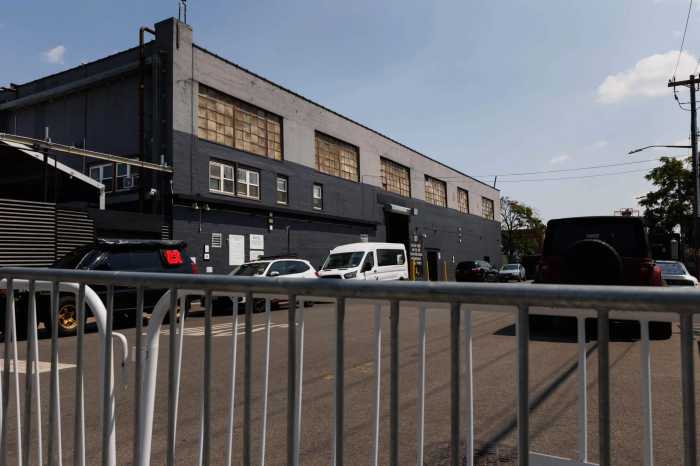It’s gonna be a hot start to the summer of 2024 in the Big Apple!
A heat wave is forecast for New York City this week. According to the National Weather Service, New York City is expected to have high heat temperatures starting on June 18.
Temperatures are predicted to reach as high as 95 degrees by Wednesday, June 19, and could climb as high as 101 degrees throughout the next few days. New York City defines extreme heat events as periods when the heat index is 100 degrees or higher for one or more days, or 95 degrees or higher for two or more consecutive days.
The heat wave coincides with the official start of summer, which arrives at 4:50 p.m. Thursday, June 20.
“The first heat wave of the season is here and New York City has a plan to beat the heat — but we want all New Yorkers to have a plan as well,” said Mayor Eric Adams. “A heat wave can be more than just uncomfortable, it can be deadly and life-threatening if you are not prepared. I encourage all New Yorkers to have a plan to beat the heat and make sure to check in on your neighbors, especially your older adult neighbors, to drink water, and to keep pets hydrated.”
Extreme heat is nothing to dismiss. Being exposed to hot conditions can quickly take a toll on your body, leading to dehydration, heat exhaustion and heat stroke.
“Encourage the people in your life to beat the heat by limiting strenuous outdoor activity, staying hydrated, wearing light clothing, turning on the air conditioning, heading to the pool or beach, or spending time at your local library, museum, or coffee shop,” said NYC Emergency Management Commissioner Zach Iscol. “Learn the signs of heat stroke. Spread the word that that heat is not just a discomfort – it’s life-threatening.”
The New York City Emergency Management Department and the Health Department are urging New Yorkers to take precautions and protect themselves from the heat.
This year, the city launched a newly revamped ‘Cool Options Map’ that allows New Yorkers to easily locate cooling centers throughout the Five Boroughs as well as other cool options, such as libraries, malls and museums, that offer air-conditioned spaces. A citywide map of outdoor cooling options (including spray showers, drinking fountains, and more) can be found online at Cool It! NYC.
During events of extreme heat, the Department of Social Services (DSS) issues a Code Red Alert, during which time shelter is available to anyone experiencing homelessness, where those experiencing heat-related discomfort are also able to access a designated cooling area.
New Yorkers are urged to watch for signs of heat illness in themselves and in those who are more prone to being affected by heat, such as adults aged 60 and older, young children, and those with pre-existing health conditions like heart disease, diabetes, mental health conditions, or cognitive impairment. New Yorkers should call 911 if they or someone they know is suffering from hot dry skin, have trouble breathing, a rapid heartbeat, confusion, disorientation, or dizziness, and nausea and vomiting.
Pet owners are also cautioned to stay vigilant during the heat wave, with the city encouraging those with pets to walk them in the morning and evening, when it is likely to be less hot, and not to let them linger on the host asphalt as to not burn their paws. Make sure that plenty of fresh water is available, and know the warning signs for heat illness in pets, including excessive panting or difficulty breathing, increased heart and respiratory rate, drooling, mild weakness, unresponsiveness, or even collapse.
Con Edison will be responding to outages or other service problems that occur due to the heat wave. Heat, humidity and increased demand for electricity to power air conditioners can place stress on electric delivery equipment, and the heat could lead to eventual thunderstorms. Con Edison is urging New Yorkers to stay away from any wires that are downed during storms. Call your local police department or 1-800-75-CONED (1-800-752-6633) to report downed wires, and to report an outage at conEd.com/reportoutage.
For more information, visit NYC.gov/beattheheat.
Read More: https://www.amny.com/weather/



